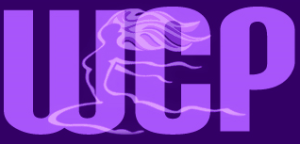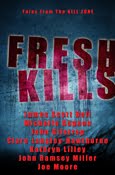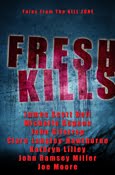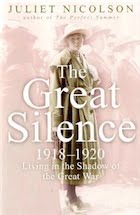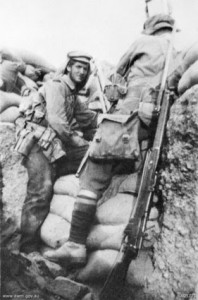One of the perks of being Program Chair of MWA, SoCal is that I get to do outreach to interesting, dynamic people. On Saturday we had a very cool panel at our chapter meeting, including Marci Baun, publisher of Wild Child Publishing, and our own Jim Bell. Author Gary Phillips moderated the program, which was called, “Epublishing: Will it help your career, or kill it?”
Gary opened the discussion by citing some statistics: Today, epublishing is still a relatively small slice of the publishing world, but it’s growing exponentially. Baun, whose company is an innovator in the epublishing market, started off by setting aside the “myth” that publishers see huge savings by publishing e-books instead of paper. (Gary has since alerted us to a NYT article on the same topic, Math of Publishing Meets the E-book.) Jim also fielded some questions about TKZ’s new e-book anthology, Fresh Kills.
The panelists stressed that to be successful in any kind of publishing, especially epublishing, it’s important to do social networking. Blogging, Facebook, Twitter: You have to get your name out there and work your networks. At one point they asked for a show of hands from the people who are active social networkers; many hands went up, but not a majority. I was surprised by that–I would have assumed that almost everyone in that group would be active online. Around the lunch table, I heard some people say that they find social networking to be confusing and intimidating.
A small but consistent networking effort can be very effective according to Baun, who said she requires an author to make a successful online marketing effort before she’ll launch a print run for their book.
The panel discussed the do’s and don’ts of social networking, including the importance of adding value to the discussion, and avoiding endless BSP. Among the strategies discussed were What to Tweet, and using ebooks as a loss leader. After the meeting I followed Jim’s suggestion to use Tweetdeck, and to get more actively involved in forum discussions.
Other than doing my weekly blog posts, I’ve been hit or miss in my social networking efforts up until now. As a result of Saturday’s meeting I’ve resolved to spend at least 15 minutes a day making the networking rounds.
What about you? How much time do you spend social networking every day, and are you consistent?

